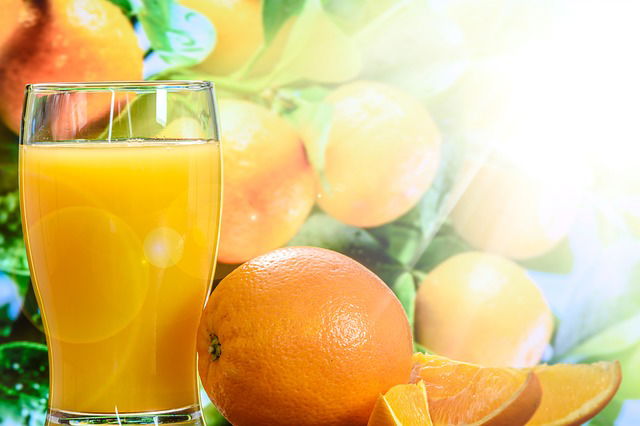
People with type 2 diabetes tend to avoid sugar in their diet.
This is because type 2 diabetes is associated with high level of blood sugar, and it seems logical to think that reduce sugar intake can help control the disease.
But is this true?
We can answer the question by looking at some recent studies of beverages and diabetes. One thing is whether sugar-sweetened drinks cause type 2 diabetes, and the other thing is whether drinks with non-sugar sweeteners does not cause type 2 diabetes.
Sugar-sweetened beverage
A recent study reported by Endocrine Society shows that sugar-sweetened drinks can raise risk of type 2 diabetes and metabolic syndrome, a cluster of risk factors for diabetes, stroke and heart disease.
The researchers reviewed 36 previous studies on how drinking beverages that contains sugar , such as juice and soda, can influence risk factors of type 2 diabetes.
The risk factors include belly fat, high levels of fats in the blood known as triglycerides, elevated blood pressure, high-fasting blood sugar and reduced high-density lipoprotein (HDL), or good, cholesterol levels.
They found 1) some studies with negative or neutral findings, meaning no links between sugar-sweetened drinks and these risk factors or sugar-sweetened drinks linked to reduced risk factors of type 2 diabetes;
and 2) most studies supported a link between sugar-sweetened beverages and the risk of developing the metabolic syndrome. We can call them positive studies.
These positive studies analyzed people who drank more than 5 sugar-sweetened beverages a week.
They show that drinking as few as two servings of sugar-sweetened beverages a week was linked to an increased risk of developing type 2 diabetes.
The researchers of the review said that “… there is a clear need for public education about the harmful effects of excess consumption of sugar-sweetened beverages, but our understanding of this topic would benefit from additional research to further clarify how sugar-sweetened beverages affect our health.”
So what does this mean?
Basically, the review found that most previous research has shown a link between drinking sugar-sweetened beverages and increased risk of type 2 diabetes. In other words, the more sugar-sweetened drinks you have, the higher risk you have for diabetes.
In that case, you should avoid or at least reduce your drinking of sugar-sweetened beverages.
But it is important to note that association is different from causality. These studies don’t say that drinking sugar-sweetened beverages can directly cause type 2 diabetes.
Diet sodas and other lite drinks
One recent article from The Conversation shows diet sodas and other lite drinks that contain artificial sweeteners increase the risk of type 2 diabetes.
The article cited a study that found people who “always or almost always” add sweeteners to their drinks – in sachet or tablet form – had an 83% higher risk of developing diabetes than those who use them “never or rarely”.
Specifically, the article points out two most commonly used artificial sweeteners in the past 30 years, aspartame and sucralose, are the things to blame.
Beverages contain the sweeteners are low-calorie and are supposed to be healthier than sugar-sweetened drinks. But it’s possible that this is a wrong idea.
One recent study (cited in this article) followed health data of 66,118 women. Three types of drinks are checked: regular sodas, artificially sweetened sodas (diet sodas) and 100% pure fruit juice.
The researchers found that at 1.5 litres per week (the equivalent of a large bottle), the risk of diabetes was 60% higher with diet sodas than with regular sugary drinks (regular sodas and juice).
So why are diet drinks link to higher diabetes risk?
The researchers think that people who consume a lot of artificial sweeteners have a greater appetite for sugar, coupled with a tendency to overeat in general. So, the sweeteners may make you more hungry.
Another possibility is that artificial sweeteners make the body produce less hormone for pancreatic insulin secretion and interfere with glucose metabolism.
So the conclusion is you should avoid diet sodas and lite drinks that have artificial sweeteners.
Copyright © 2018 Knowridge Science Report. All rights reserved.



